The Only Tampere Walking Route You Need
For travellers looking for an inexpensive option to get to Finland, budget airlines sometimes fly to Tampere instead of major centres such as Helsinki, and it takes about the same time to travel to Jyväskylä, Turku and Helsinki from there. It’s more than just a stopover and a sweet destination in its own right, but those who are pressed for time, the major sights can be covered in a few hours on this Tampere walking route that I took.
Sights along this Tampere walking route
- Railway Station
- Cathedral
- Tammerkoski rapids
- Keskustori
- Former Finlayson factory
- Hämeenpuisto
- Särkänniemi
- Moominvalley
- Pyynikki
1. Railway station
There aren’t many buildings in Tampere that were designed by that most famous of Finnish architects, Alvar Aalto. He did submit a design for a competition to redesign the railway station (which can be viewed in the Aalto Museum in Jyväskylä), but the proposal by Eero Seppälä and Otto Flodin was chosen instead.
I actually started half a mile south, at the bus station (in the corner of the map above the word ‘report’), but there isn’t much in that area other than a mall and the Orthodox church. Nonetheless, whether one arrives in Tampere by air, rail or road, this blocky monument to functionalism is a good place to start exploring the city.
2. Tuomiokirkko
The cathedral requires an early detour from the route, a 10-minute walk up a mild slope. I say it’s worth it though, especially if one is an art lover like me. For everyone else, the extra exercise brings him face-to-face with the most unusual paintings to feature in a church.
Inside, the cathedral features frescoes and paintings by the symbolist painters Hugo Simberg and Magnus Enckell. Enckell’s altarpiece depicts the resurrection of the dead at the end of time. It’s hardly The Last Judgment, but the subdued tone is in keeping with many of the Lutheran churches I’d been to.
Simberg’s reproduced his most famous works, The Wounded Angel and The Garden of Death, as frescoes in the cathedral. He was also responsible for the serpent on the ceiling, with massive feathered wings that follow the ribs of the ceiling vault. What on earth is that about?
Return to the railway station, turn right and follow Hämeenkatu, a mall-lined boulevard, to get to the city centre.
3. Tammerkoski
Tampere is sandwiched between two lakes, one 18 metres higher than the other. The result is the Tammerkoski, a channel of rapids that flows between them. The rapids have had the natural beauty dammed out of them, but the power station north of the Hämeeensilta (the bridge) is one of the city’s iconic landmarks.
4. Keskustori
On the other side of the bridge is the Tampere Central Square. Flanked on three sides by three Romantic buildings – the city hall, the old church designed by C.L. Engel and the theatre. It used to be called the Market Square (Kauppatori) and it still functions as one on most days. I had fun looking around, sampling biscuits, jams and honey and browsing the wares on a Monday.
The market hall (Kauppahalli) is across Hämeenkatu, just a stone’s throw from the square. I found that souvenirs such as cloudberry jam were more reasonably priced than in the other tourist centres there. It’s also a great spot to sample mustamakkara, the blood sausage that is the region’s speciality (The stall is Pyörykkäbaari). Less adventurous palates will find comfort in the Hesberger outlet next to the bus terminal.
Follow the street in front of the city hall and head north to get to the town within a town.
5. Former Finlayson factory
Tampere was an industrial city in the past and the chimneys that dot the skyline point to that. A Scotsman founded a business in the city which became the textile company that still bears his name. It was also the first large-scale Finnish industrial company, and it played a major role in Tampere’s fortunes.
The former mill and factory were vacated 20 years ago, and other businesses and cultural institutions have since moved in. There are museums devoted to labour history and even espionage among the cafés and restaurants.
Workers’ needs were well taken care of back then. Walk to the back and turn left to find a peaceful neighbourhood and even a church that were built to serve their needs.
6. Hämeenpuisto
After the Tammerkoski and the railway station, Hämeenpuisto is the third landmark that divides Tampere from north to south. The long and narrow park is another place to stumble upon an event or market, admire sculptures or simply find some peace and natural shade in the city.
7. Särkänniemi
The Särkänniemi adventure park is home to several things that might interest the kids: heaps of rides, an aquarium, a planetarium, Angry Birds Land (Does anyone still play that game?), and the tallest free-standing structure in Scandinavia. There is a cheaper and better view coming up later though.
Until this year, it was also home to four dolphins, which was why I chose not to enter the park. The controversial dolphinarium was closed at the end of October, however.
8. Moomin Valley
While Moomin Land near Turku is another spot children would love, Tove Jansson’s drawings and models for the Moomin comics are in the basement of the Tampere Art Museum. It was a privilege to see her original works, which include drawings, prints and sculptures, in that dimly-lit gallery.
(Update: Since June 2017, the works have been on display in the Moomin Museum within the Tampere-talo, which is a 5-minute walk to the east of the railway station)
The Museum is also a great place to practice Japanese as it attracts its fair share of Japanese Moomin fans. The signs are a testament to this. I cannot share much unfortunately as photography was forbidden (naturally), so you’ll have to see it for yourself! Just avoid going on a Monday when it’s closed.

9. Pyynikki
The title of “World’s Highest Esker” makes Pyynikki seem more daunting than it really is. It’s 152 metres high (a few metres shy of the highest point in Singapore, which isn’t mountainous by any stretch of the imagination), and there is a 26-metre observation tower on top of it. Put together, the vantage point is even higher than that of the tower at Särkänniemi. There is also a lift for tired legs.
Don’t let the queue at the foot of the tower put you off; it’s for the café and not to get to the top. The line is there as long as the place is open for a reason: It serves the most famous munkki (cardamom doughnuts) in the entire country. The line moves quickly, so you wouldn’t have to wait too long to find out what the fuss is about.
Mine was freshly baked, fluffy and well-complemented by the black coffee. Treat yourself to one; you’d have deserved it by the end of this city walk. Then go to the Keskustori outlet to buy some more.
Even though this route covers Tampere’s major sights in roughly six hours, I’d recommend staying longer unless you are pressed for time as I was. Like many other Finnish cities, the wilderness is close by; go for a walk in the parks, or head out to the lakes. Or just go back for the munkki.
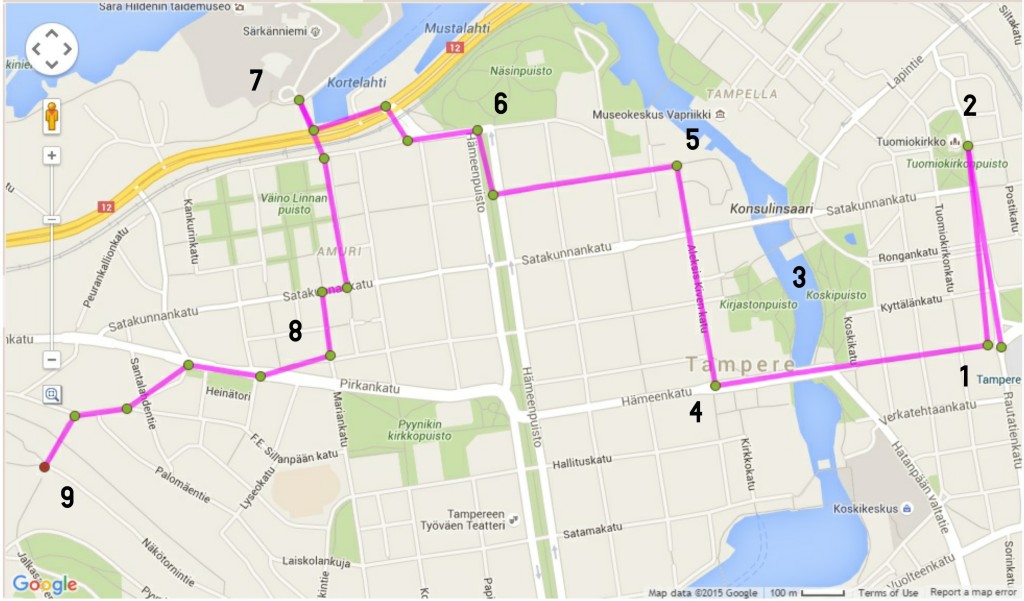

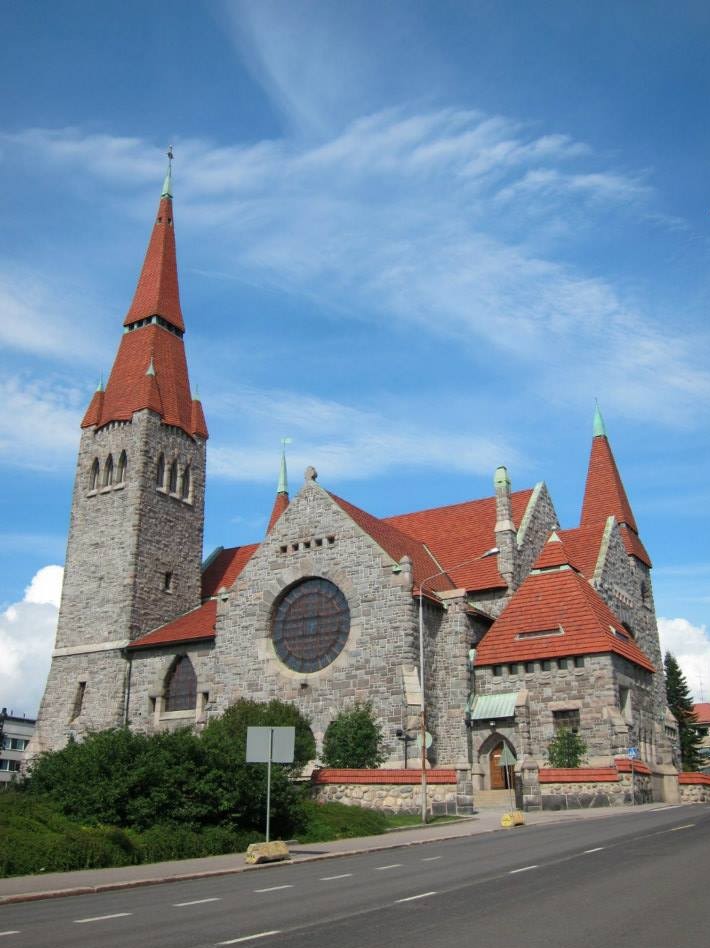
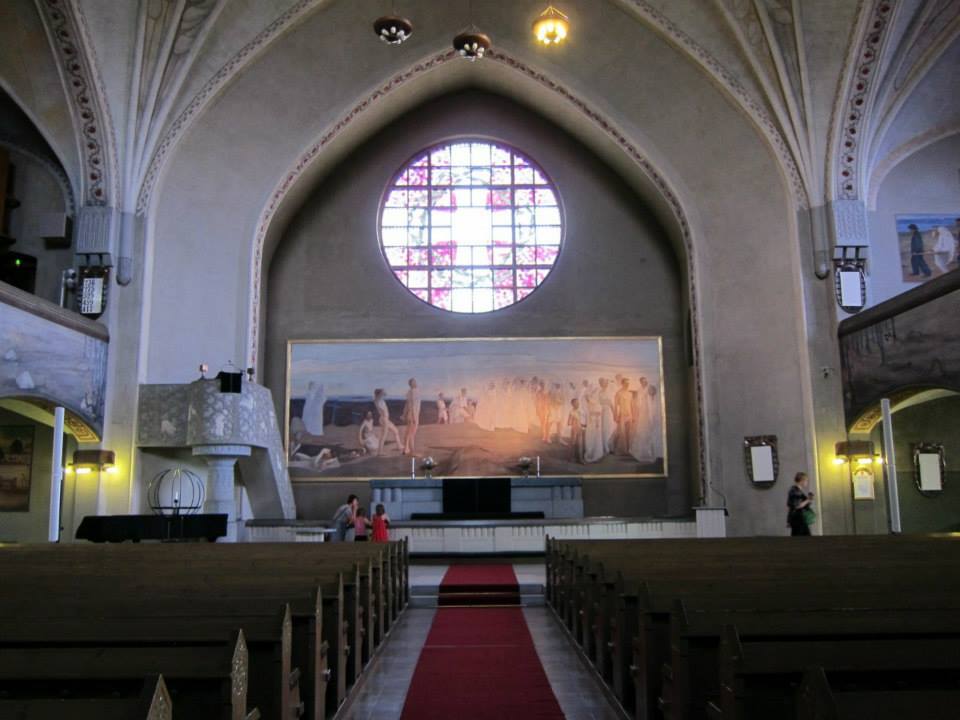
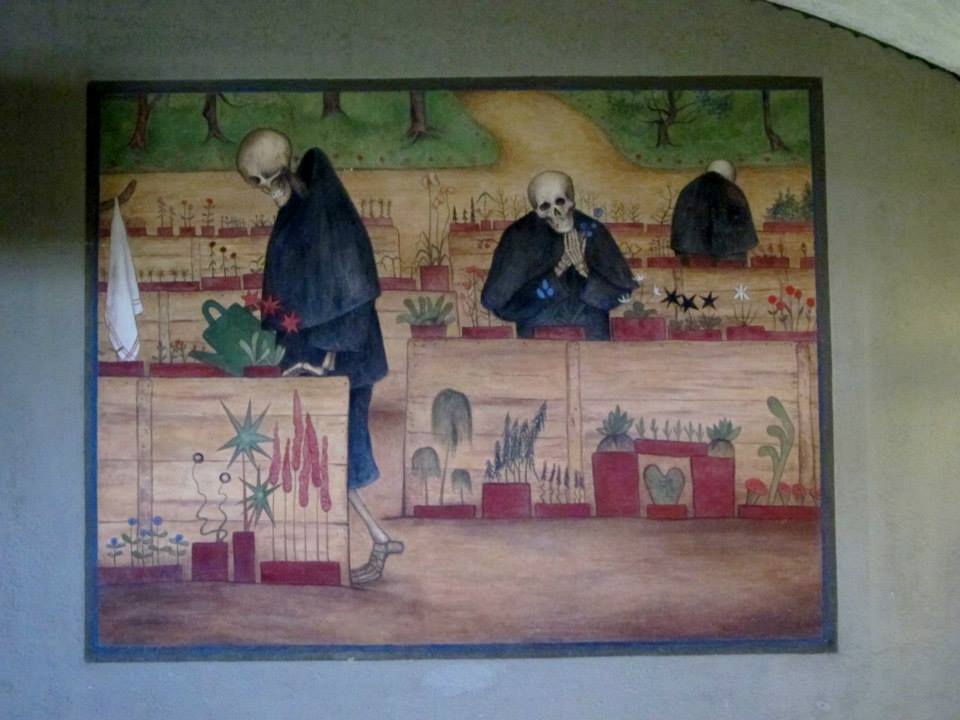
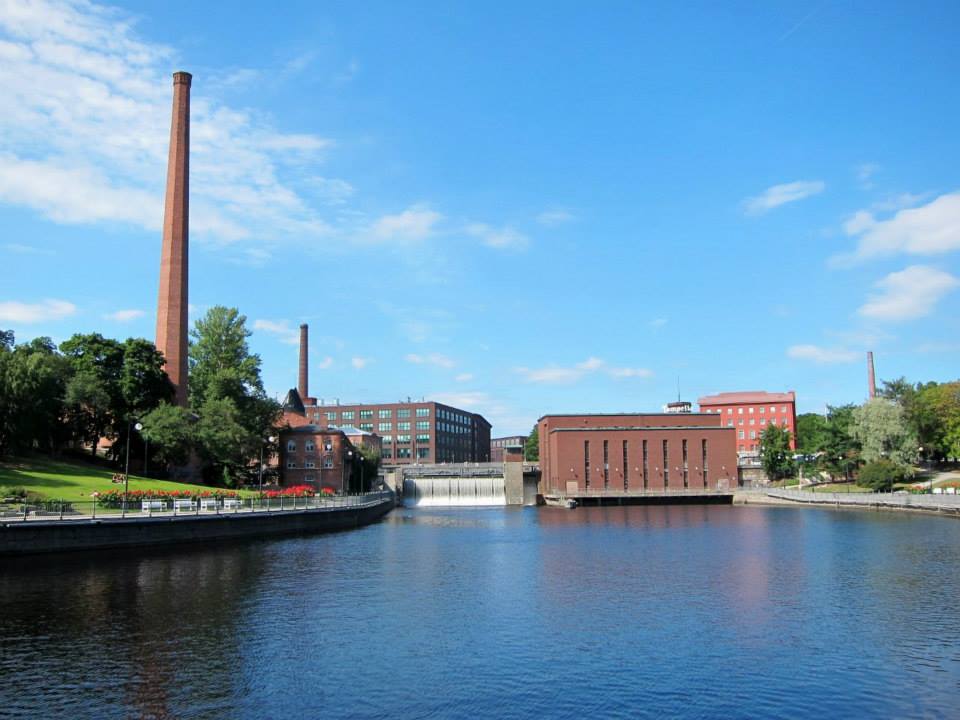
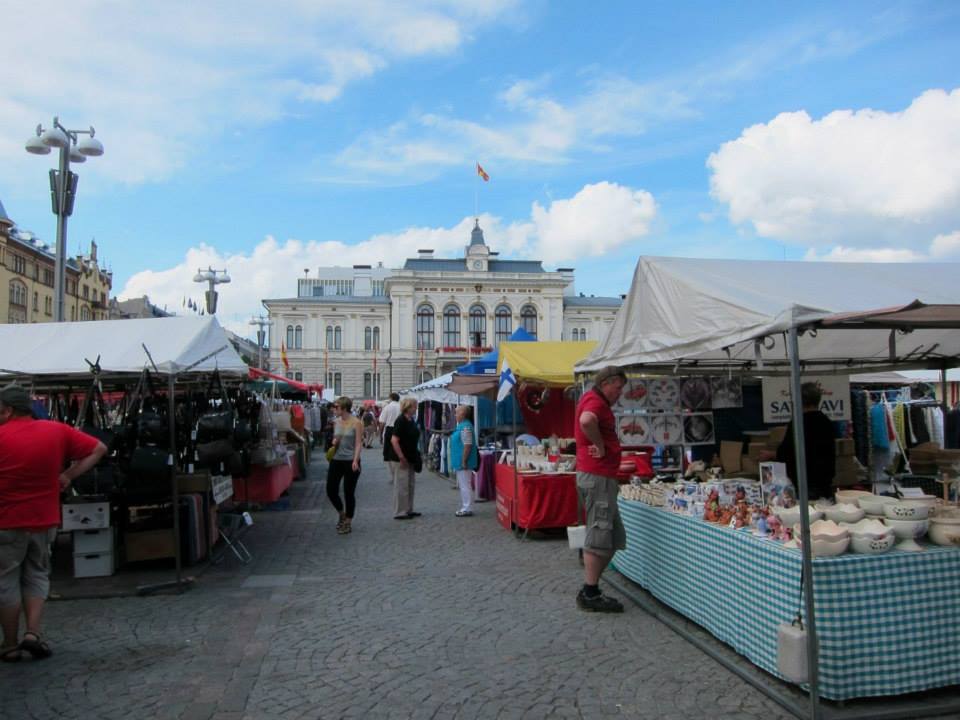

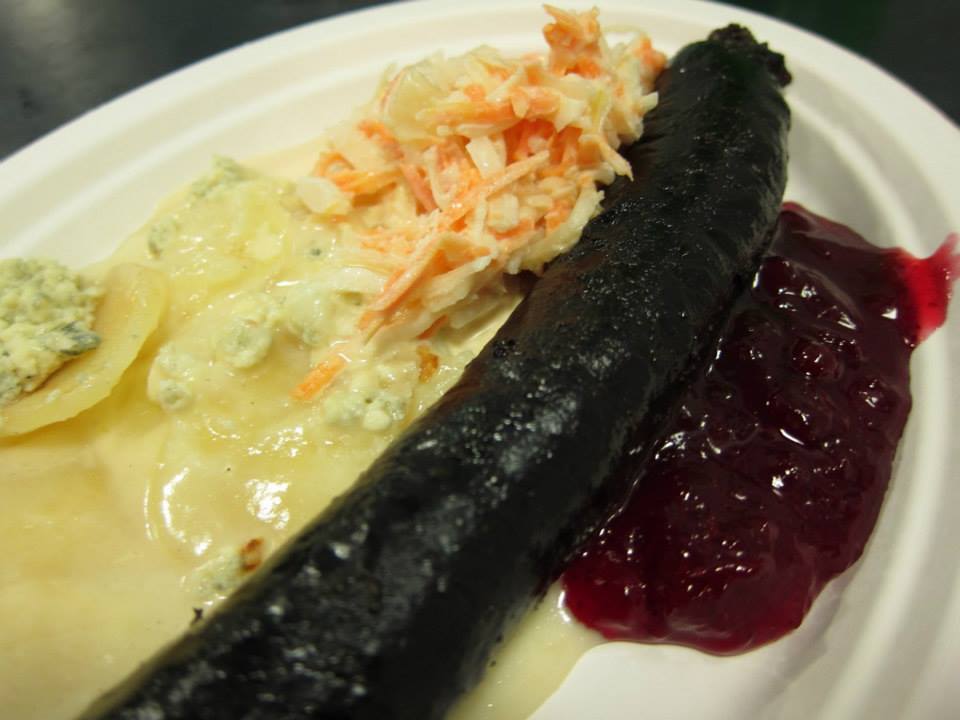
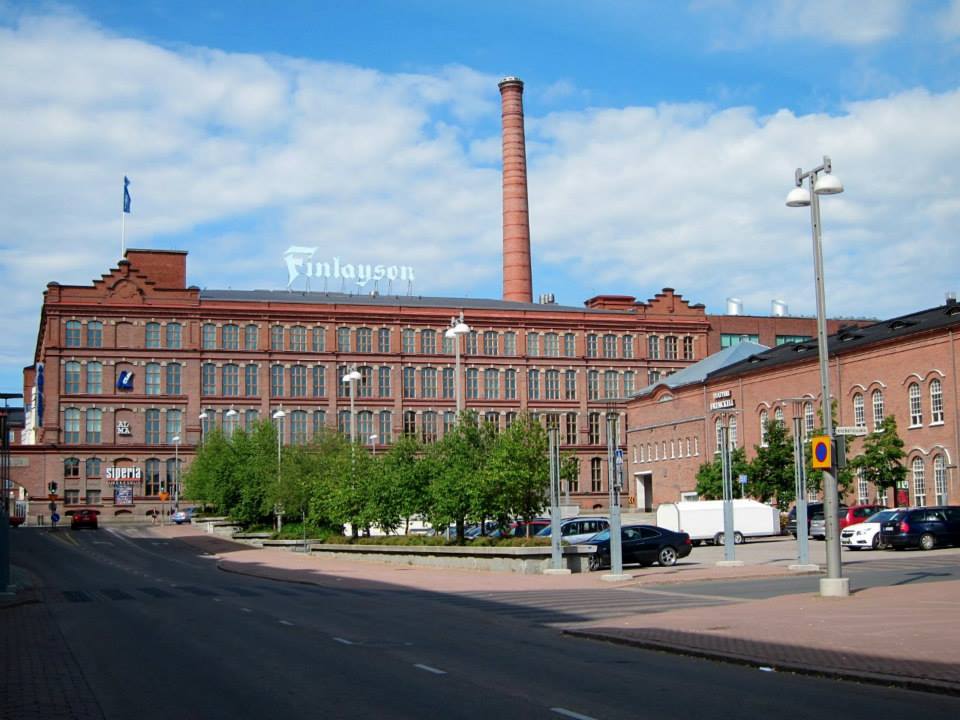

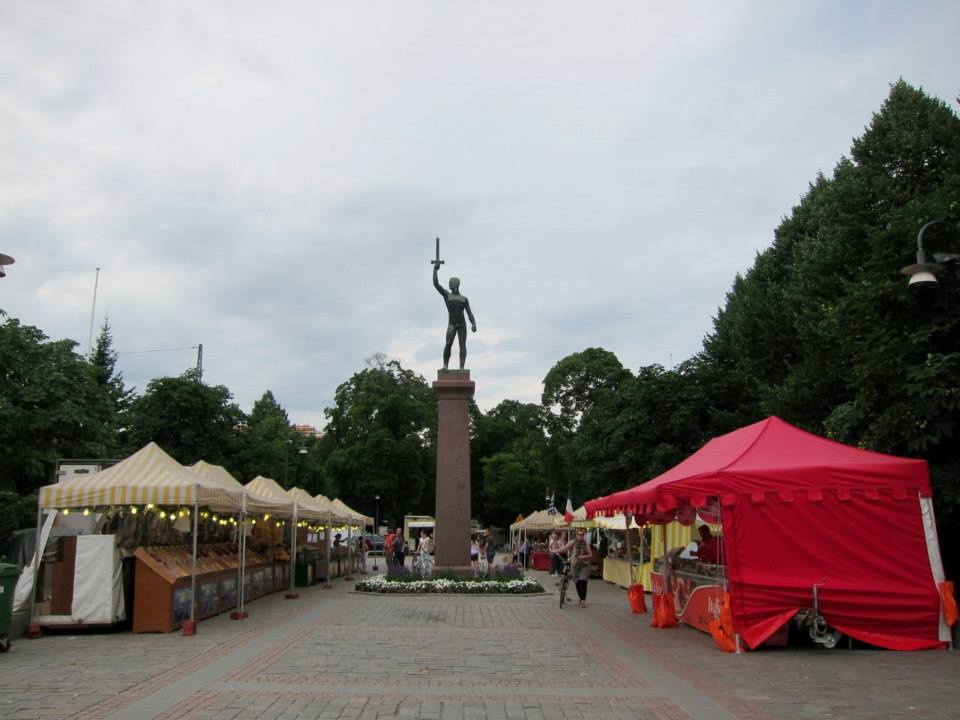
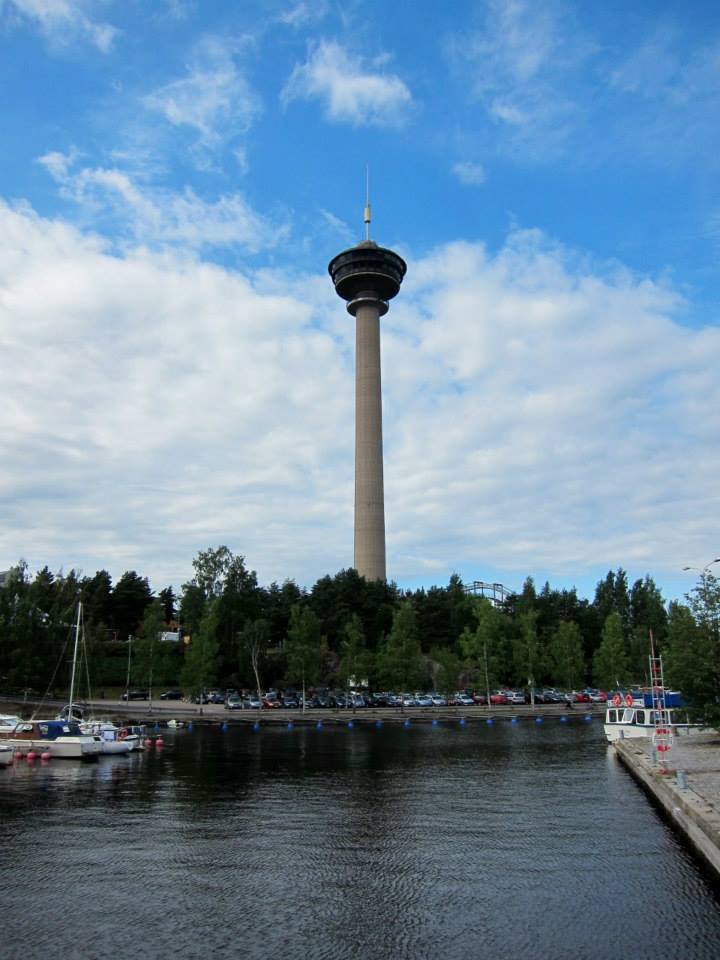
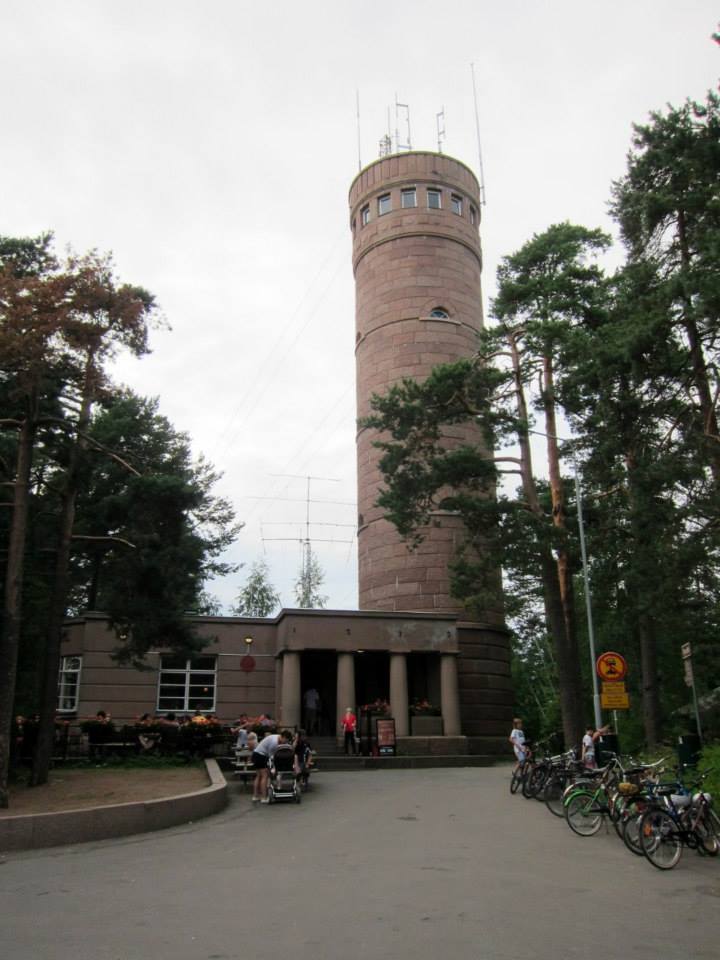
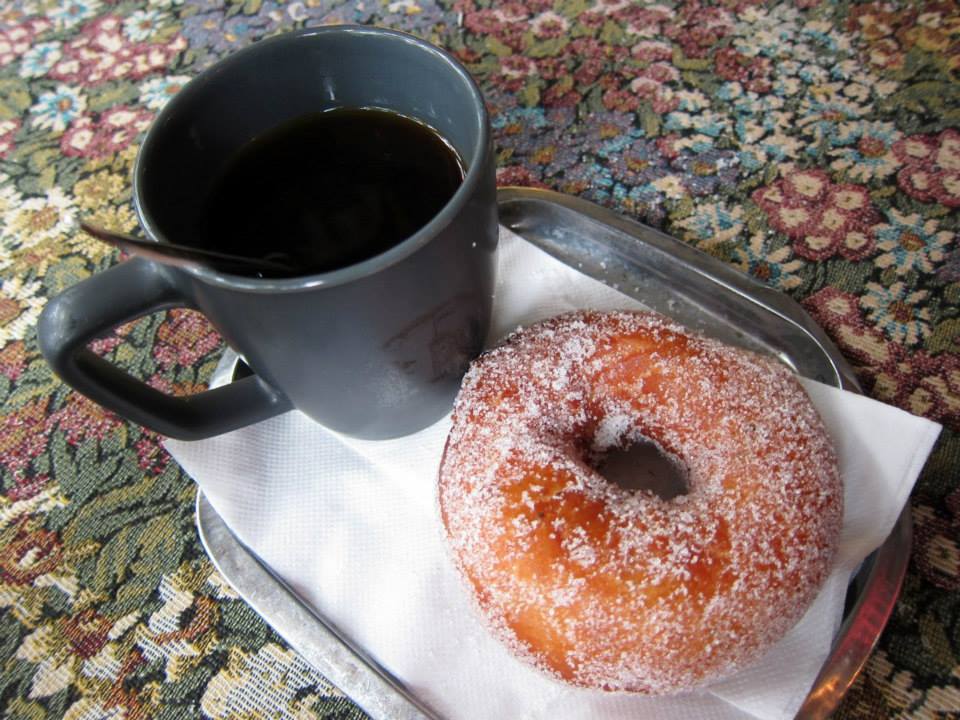
26/09/2021 @ 6:55 PM
Thank you so much for taking the time to write up this excellent walking tour. We only had a day to spend in Tampere and you laid out an excellent sightseeing tour for us, all for free. We appreciate your doing this! Dawn and Andy
30/09/2021 @ 9:15 AM
I’m glad it helped!